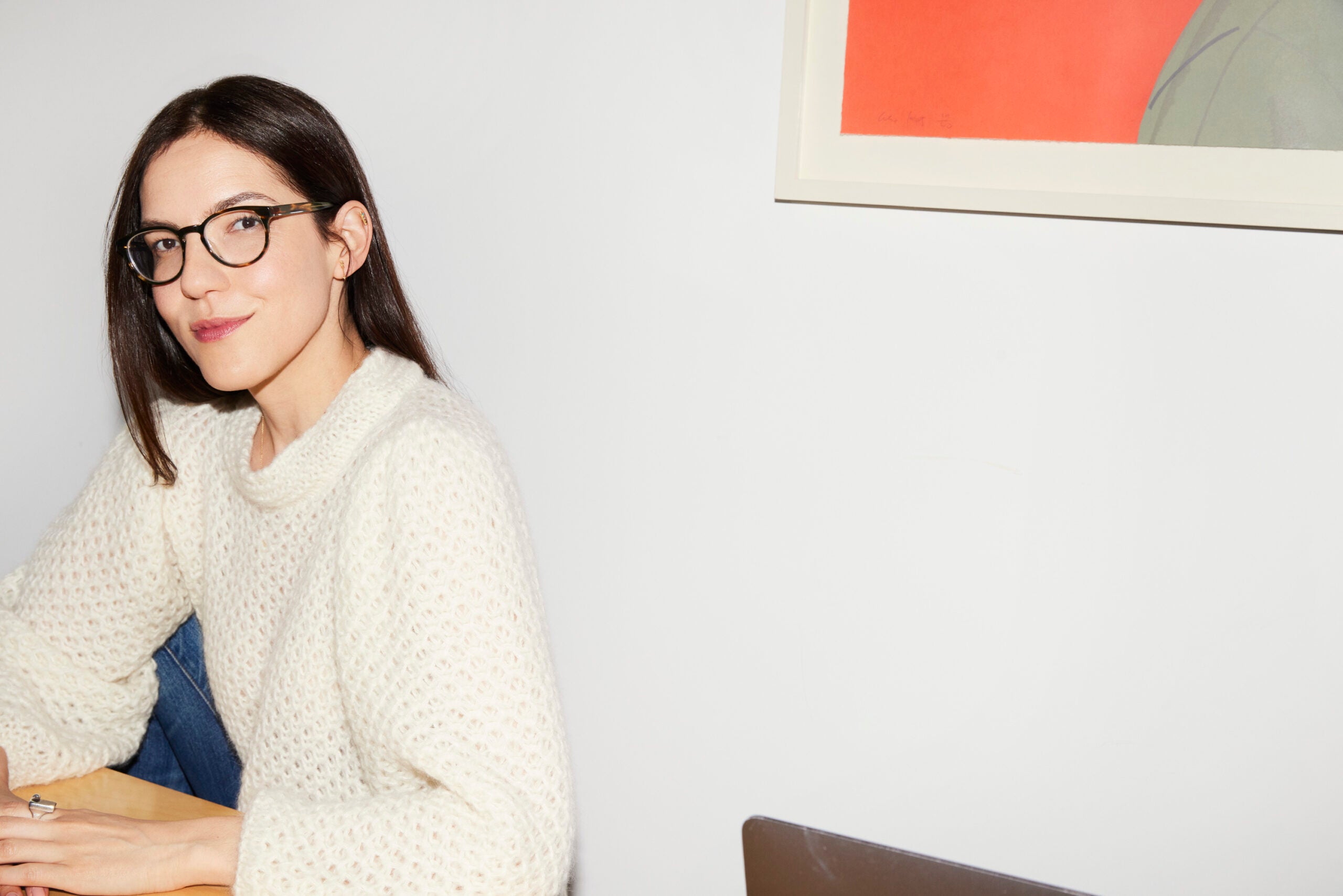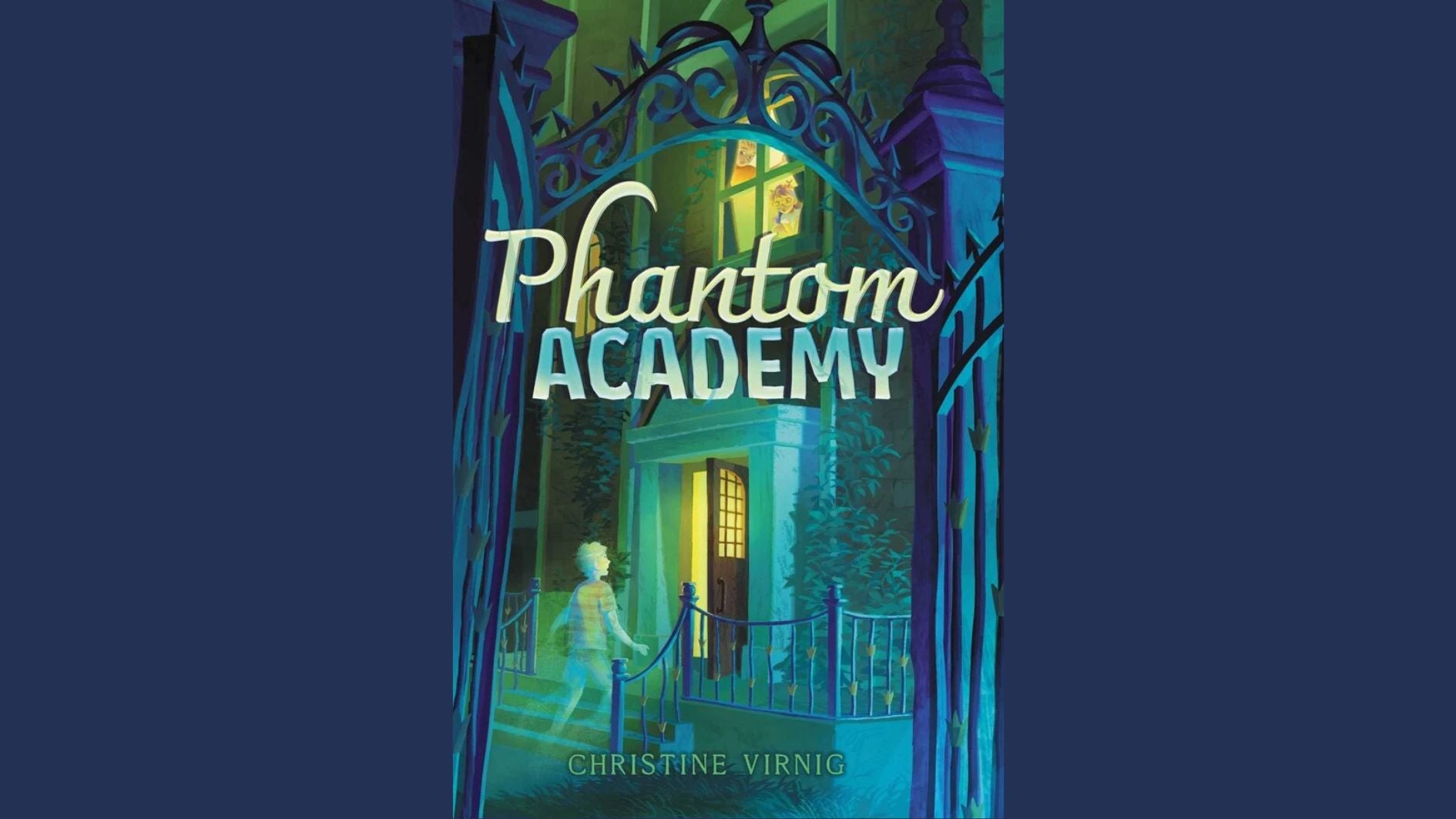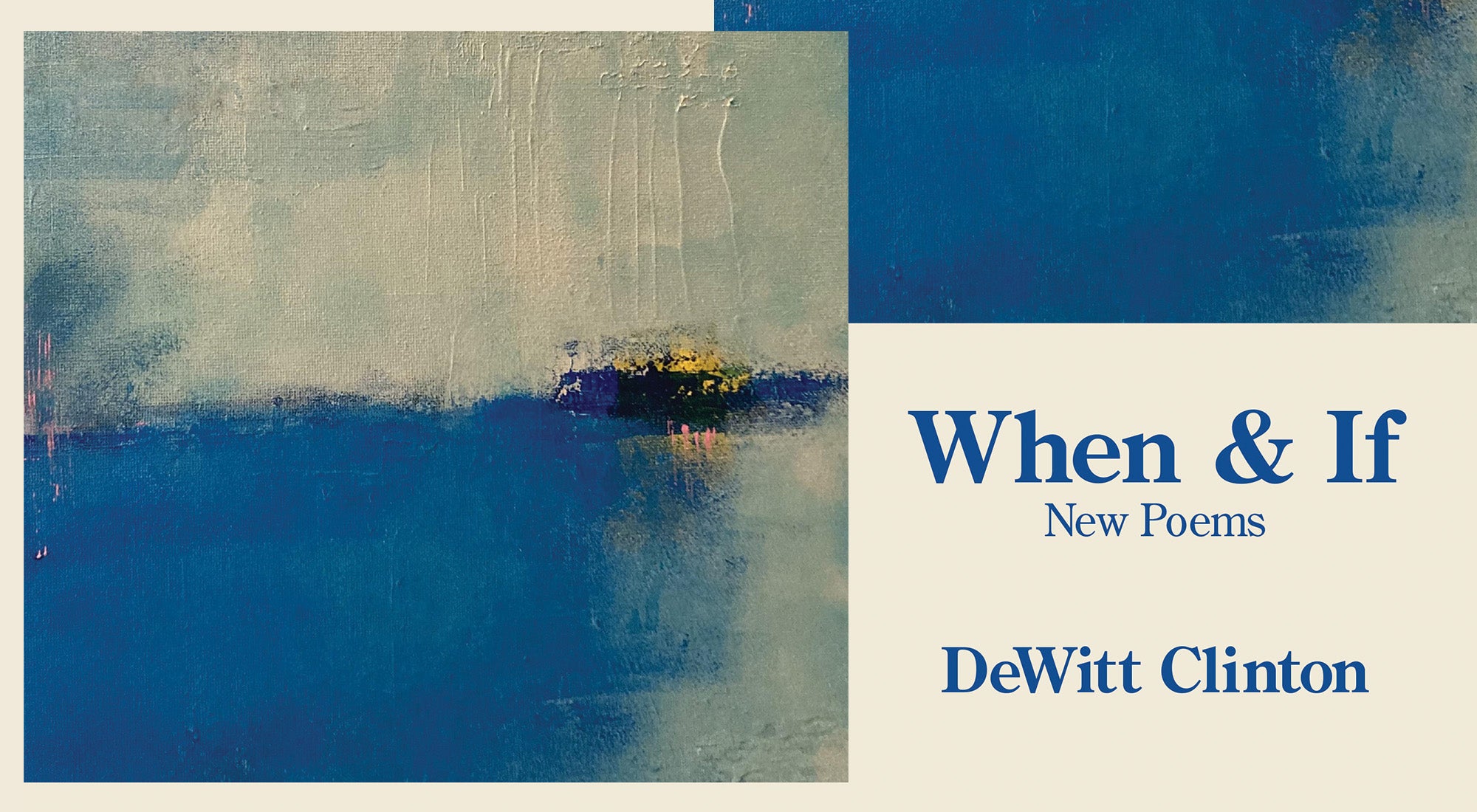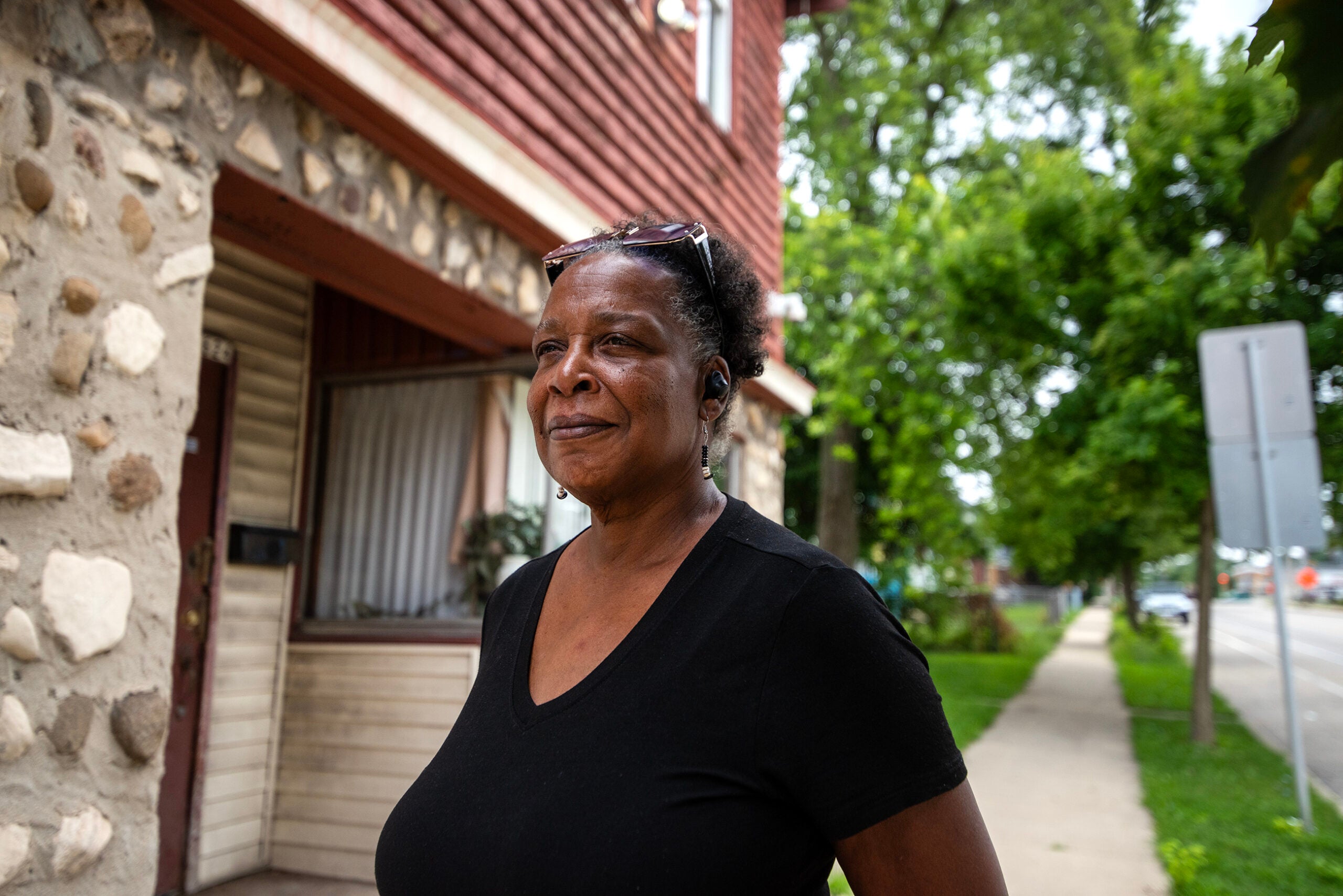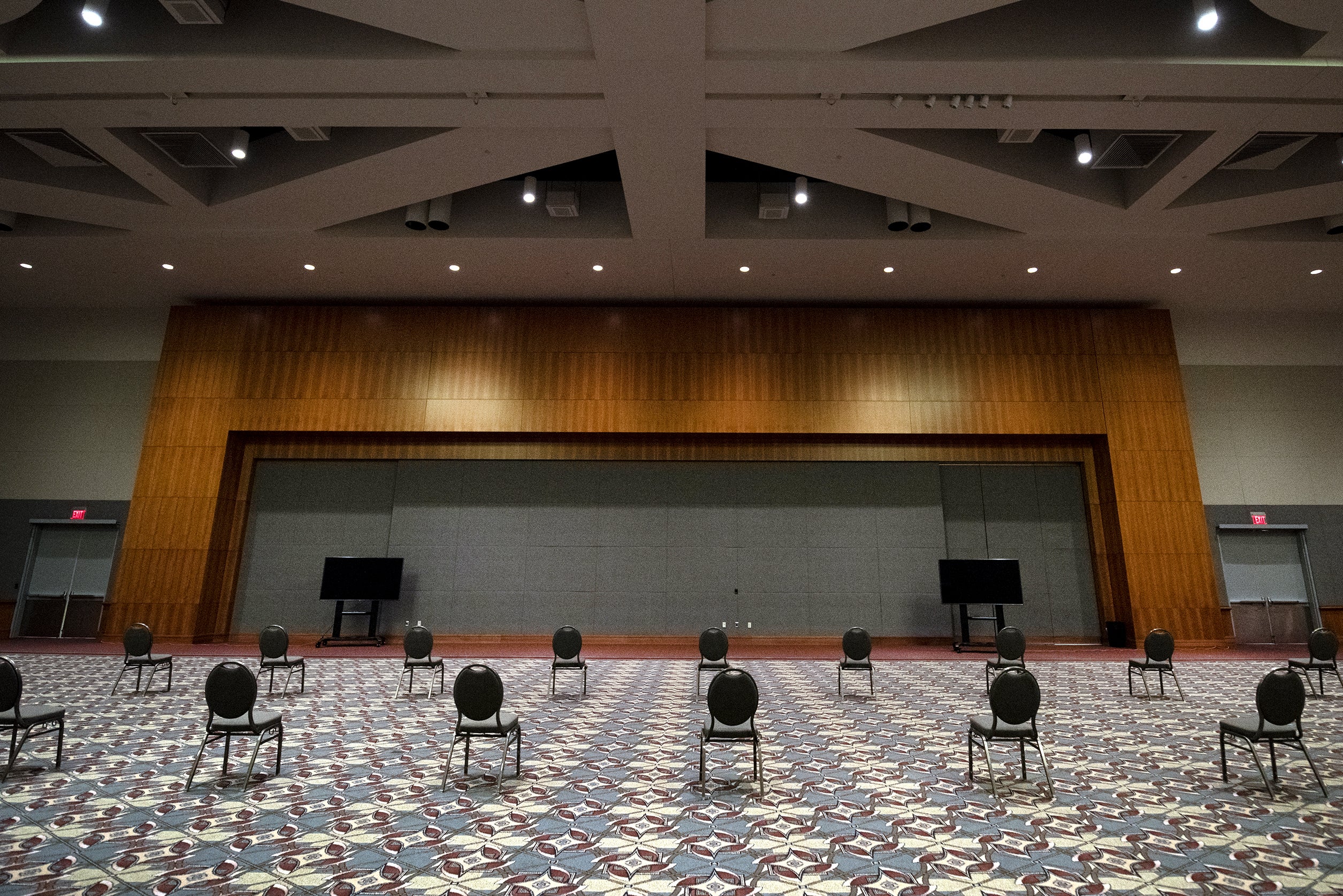Loss is something we all have experienced at some time in our lives.
Imagine coming home to find your house has been broken into and that feeling of violation. Or, even worse, learning of the sudden death of a loved one and the total sense of helplessness, knowing there is nothing you can do to change that fact.
Author Sloane Crosley has written a book about loss titled “Grief is for People.” It chronicles both her loss through burglary and the death by suicide of her dear friend and colleague, Russell Perreault. She concludes that loss is loss, whether it’s the things you have or the death of a loved one. There is still a process of grieving. People need help and support to get to the other side of grief.
News with a little more humanity
WPR’s “Wisconsin Today” newsletter keeps you connected to the state you love without feeling overwhelmed. No paywall. No agenda. No corporate filter.
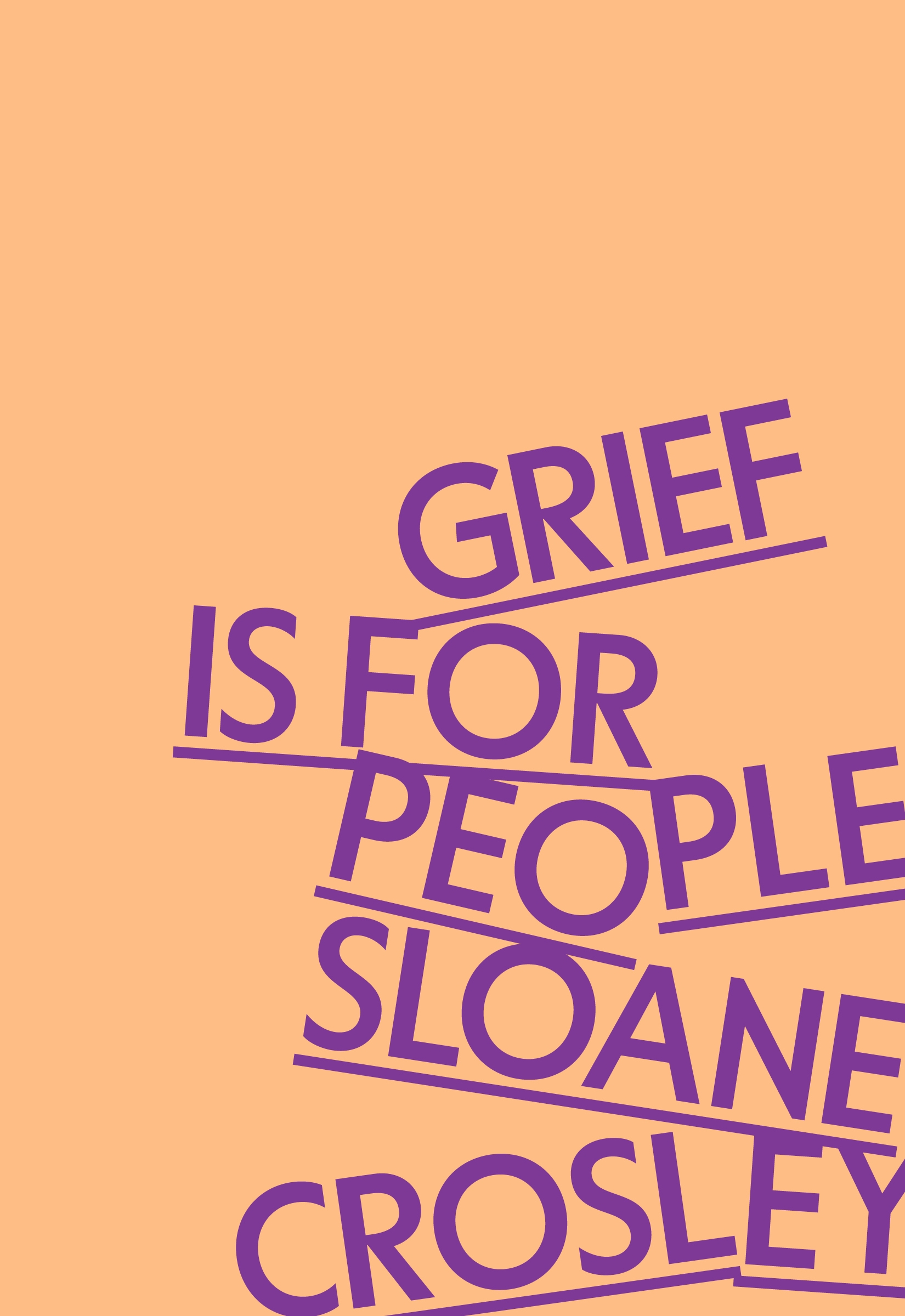
WPR’s “BETA” talked with Crosley about her book, which follows two main narratives: Perreault’s suicide and the burglary of her apartment. We wanted to know what she saw as the connection between these two threads.
“The connection, in some ways, is in the title,” Crosley said. The book’s title is ‘Grief is for People,’ which is extremely blunt.”
“What happened is after the burglary, I kept feeling like I had felt so violated, and so sad, and so frustrated and targeted. And I thought, well, maybe there’s someone I can talk to or a group or something like that. But I found out quite quickly that grief groups don’t exist for stuff. Then Russell died, and there was no shortage of grief groups. So that’s the connective tissue. I feel like loss is loss.”
“I very much recognize the difference between jewelry and a human being in this book. Even with Russell, I felt this strange struggle while feeling so sad. This extra layer of the burden of thinking, ‘I’m just the friend. I’m not the partner. I’m not the mother; I’m not the nephew. I’m just the friend.’ It’s not that shocking to find out that there were no general grief groups for burglaries, but I was pretty shocked at how much friends were left out of the equation when it came to grief.”
Even though Crosley’s book tackles sad topics, she somehow finds humor.
She tells us: “I’m extremely unlucky as a person, but as the author of this book, the lucky thing is a very, very, very funny person died. So, there’s a lot of humor in the book. And I like to say that it’s got these two cylinders running. Unlike my other writing, which is just my humor, you also have Russell’s humor. And so that helped whenever I got upset writing the book.”
“Grief is for People” is loosely structured around Elizabeth Kübler-Ross’s “On Death and Dying,” where she first discussed her theory of the five stages of death and dying: denial, anger, bargaining, depression and acceptance.
We wondered why she chose Kübler-Ross’s theory.
“I messed with them a little bit, so they’re out of order,” Crosley said. “I believe that anger and depression are reversed. Because it’s a book, the last section is not acceptance but afterward, which works well.”
“Then what happened is that with the burglary, I got a lead on where some of my jewelry might be, and that overlapped with the stage of grief. I’m trying to get something back, while I think I can get something else back. So, it’s sort of the concrete nature of the story. And the theme of the story laid over each other perfectly, like a picnic blanket, that just settles on that first try.”
Experiences of the five stages do not make the grieving process go away. Eventually, though, there can be an acceptance that can at least make grief bearable.
Crosley said: “I think everybody experiences grief forever. I think it’s well-known it doesn’t shrink. What happens is the rest of your life, and the world grows around it. It becomes a bigger and bigger container. My last chapter is called ‘Afterward’ and not ‘Acceptance’ because I don’t accept anything that happened.”
